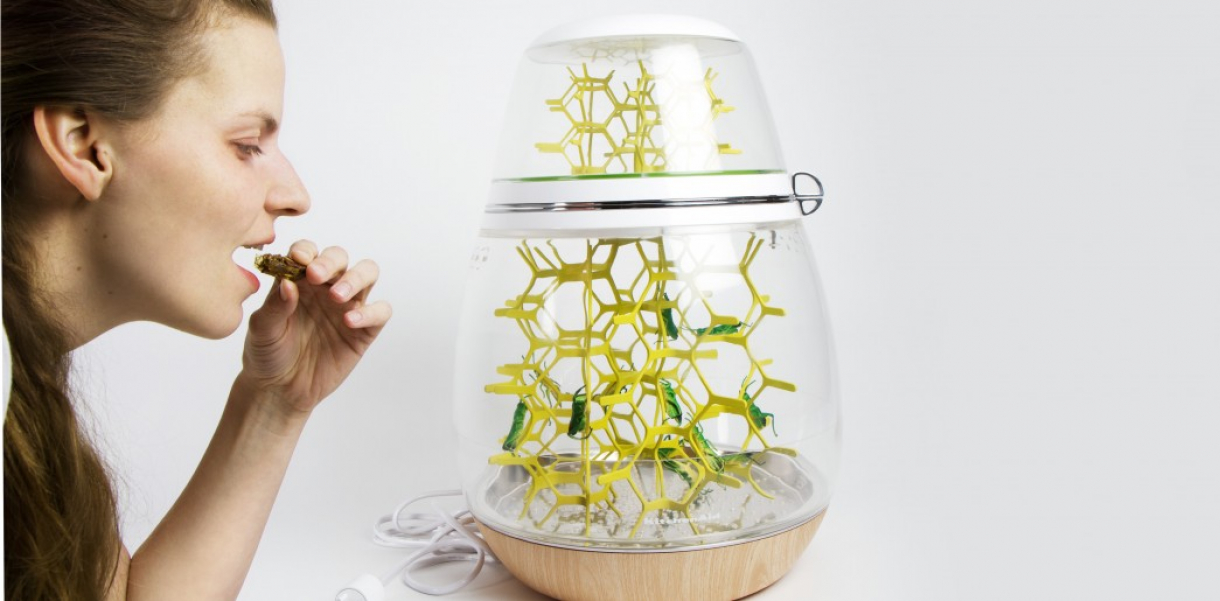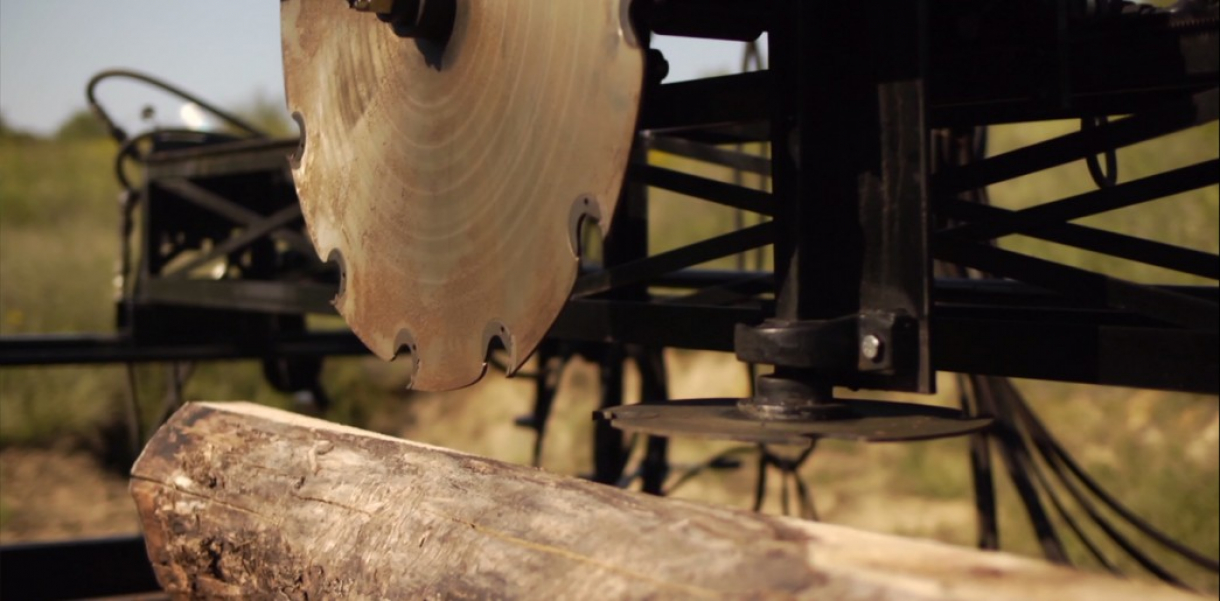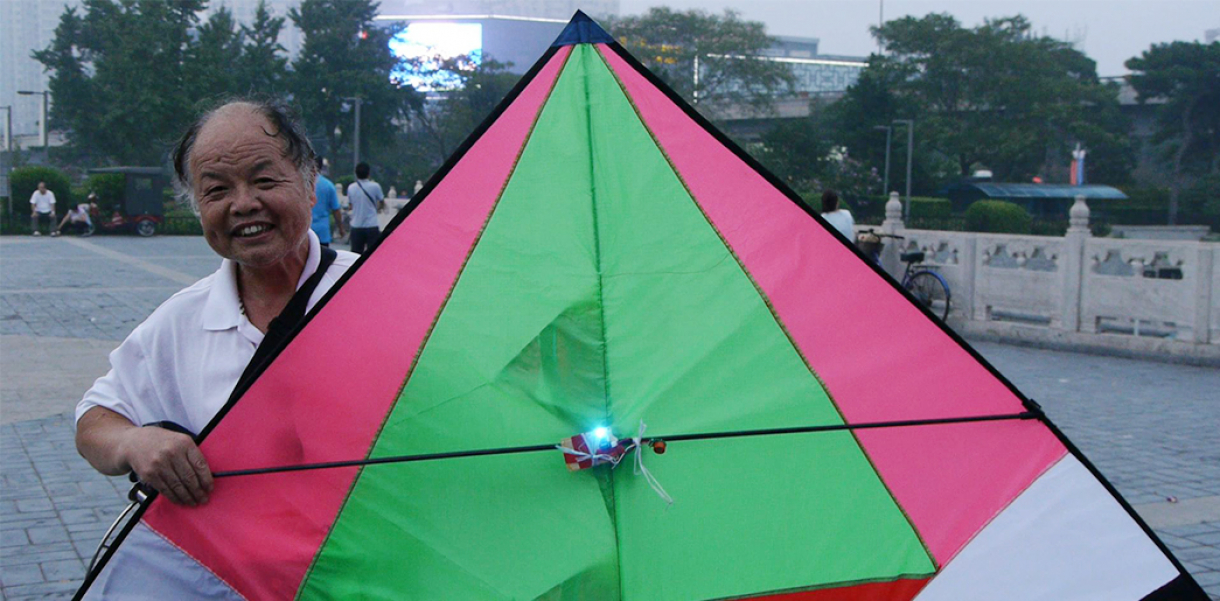On average, every citizen in the 27 Member States of the European Union generated 164 kilograms of packaging waste in 2008, and the trend seems to be that we will produce a lot more in the future. The packaging we discard is stuff like paper, cardboard, glass, plastics, wood, and metals, and it all ends up in huge landfills or as trash polluting nature. WikiCells is a new technology addressing this growing, global issue in a simple an unique way - namely via commercial food products with edible packaging. Problem solved!
Supermarkets are saturated with so many similar products, that the only way to differentiate one cereal from another is to package it in a sexy new way. This sometimes leads to REALLY superfluous packaging like peeled bananas sold in individual plastic wrappings (!). Not only is this a total paradox, since plastic packaging is contrary to the organic philosophy, but bananas exemplify organic packaging at its best, as their skins keep the flesh fresh and clean.
David Edwards, a French-American Harvard bioengineer has taken inspiration from natural food packaging found in fruit – such as peaches and grapes – and engineered edible food packaging called WikiCells. “We can basically surround any food or beverage with a skin like a grape skin that’s fully edible, and then consume it,” he says.
JoAnn Hines, a food industry consultant, says: “There’s a lot of interest in edible food packaging. The problem right now for consumers is with taste, texture, and appearance.” But the WikiCells team have done their homework and come up with a menu of delicious skins and even more delicious flesh.
The soft skin of WikiCells is made from vegetal elements such as fruit, nuts, grains, and even chocolate, using only a tiny portion of chitosan (chemical polymer) or alginate (algae extract). These particles carry an electrostatic charge and can be gelatinized with ions of e.g. calcium or magnesium, in order to create the skin. In fact there is no limit to the flavours, and the team continues to expand its range.
The WikiCells typically come in mono-bites, serving ice-cream, yoghurts, mousses, juices, cheeses, and even coffe and cocktails. In mass-distribution outlets, WikiCells come in the from of shells, not dissimilar to a coconut shell, which is fully biodegradable.
After much anticipation, WikiCells finally unveiled their tasty invention at WikiBar in Paris in March 2013. The suitably chic bar offers a plethora of choice, such as the martini wrapped in an olive that you can stick in your pocket and rinse off when you’re ready for a toast.
The goal is to widely popularise the idea of edible food packaging, and eventually release domestic machines for food packaging, enabling consumers themselves to limit excessive food packaging one taste treat after the other.




